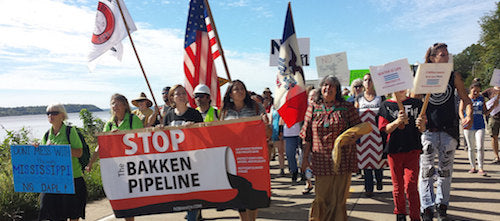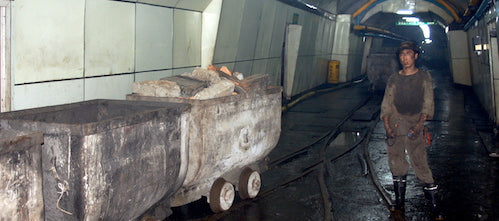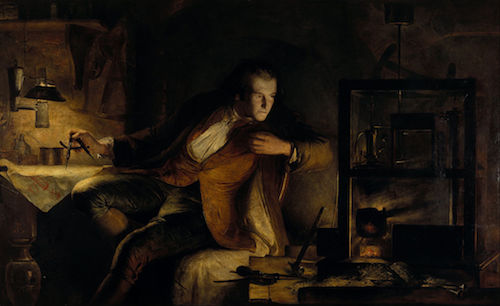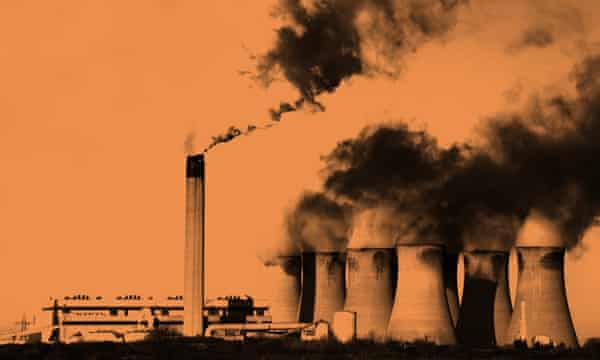
Fossil fuels still provide more than 84 percent of primary energy
How do we end fossil fuel production to meet climate goals in the next few decades?

How do we end fossil fuel production to meet climate goals in the next few decades?
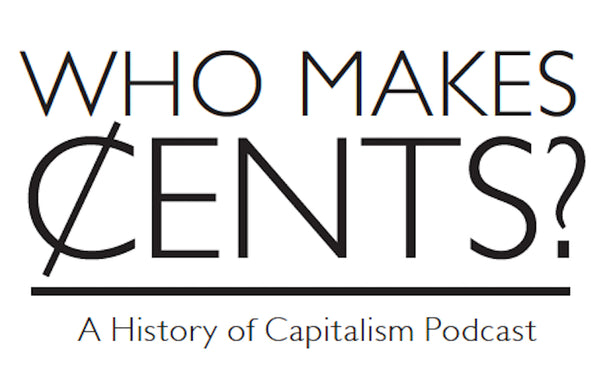
On the latest episode of Who Makes Cents: A History of Capitalism Podcast, Raj Patel and Jason Moore trace the relationship between capital and the environment through seven cheap things: nature, money, work, care, food, energy, and lives.
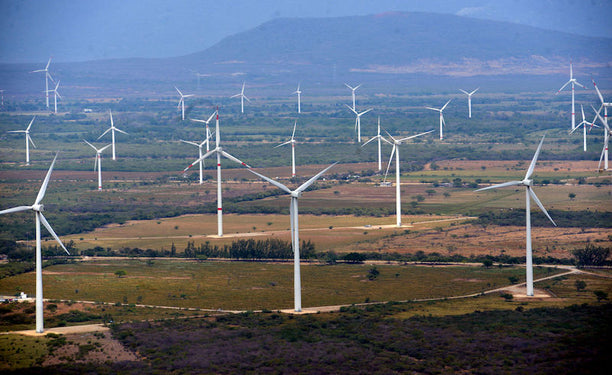
Industrial-scale renewable energy does nothing to remake exploitative relationships with the earth, and instead represents the renewal and expansion of the present capitalist order.
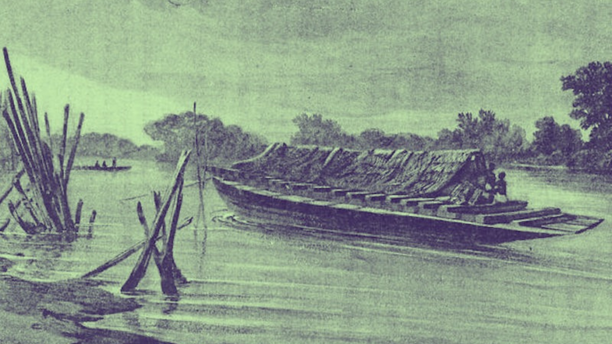
Europe's plunder of the Niger Delta dates back to 1444.
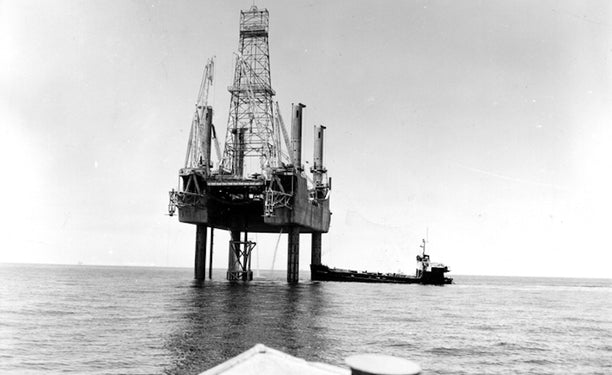
Lifting the ban on offshore drilling is one of the most significant environmental decisions yet taken by the Trump administration.
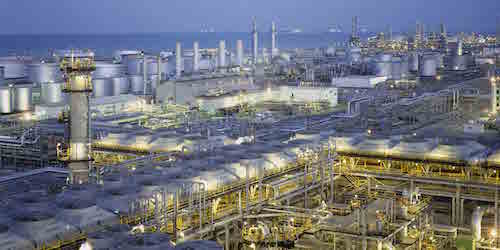

It has become popular today to say that we live in an era of what Benjamin Barber has labelled "Jihad vs. McWorld." The globalising powers of capitalism ("McWorld") are confronted with or resisted by the forces that Barber labels "Jihad" — the variety of tribal particularisms and "narrowly conceived faiths" opposed to the homogenising force of capital. Even those with a critical view of the growth of American empire and the expansion of what is erroneously termed the global market usually subscribe to this interpretation. In fact it is the critics who often argue that we need a better understanding of these local forms of resistance against the "universal" force of the market.
The terms of this debate are quite misleading. We live in an age, to adapt Barber’s nomenclature, of "McJihad." It is an age in which the mechanisms of what we call capitalism appear to operate, in certain critical instances, only by adopting the social force and moral authority of conservative Islamic movements. It may be true that we need a better understanding of the local forces that oppose the globalisation of capital; but, more than this, we need a better understanding of the so-called global forces of capital.
